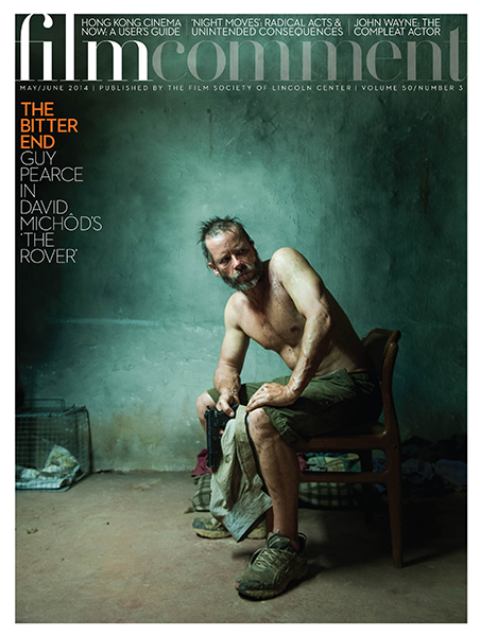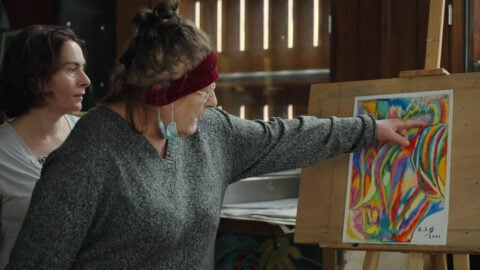
Entre Ponerle y no ponerle
Given all the dashed-off “think pieces” and student papers whose bibliographies are limited to the first page of Google search results, you can sometimes feel that if something’s not on the Internet, it doesn’t really exist. But in the case of film archives such as the University of Chile’s Cine Experimental, existence online is a triumph.
Along with the rest of the university’s Faculty of Arts, its film program and cinematheque were closed after the country’s 1973 military coup. Works made under institutional auspices before then had to be smuggled out of the country, hidden in wineries, or continuously circulated by other schools to prevent their return to Santiago. (This is, of course, to say nothing of faculty and associates; those who weren’t murdered were forced to stop making films, or fled the country.) Now, the surviving films have been collected, digitized, and made available online, accompanied by scholarly notes on their production.
Characteristic of the country’s Socialist years under Eduardo Frei and Salvador Allende, the films from the Cine Experimental are unabashedly left-wing. They include public-service films about healthcare (Aborto, “Abortion,” 65; Desnutrición infantil, “Infant Malnutrition,” 69; Buscando la salud, “Looking for Heath,” 71) and class inequality (Venceremos, “We Shall Overcome,” 70; Descomedidos y chascones, “Brats and Nobodies,” 73); stirring records of mass protests (Por Viet-nam, “For Vietnam,” 69); and Chilean native Raúl Ruiz’s surrealist 1963 debut, La maleta (“The Suitcase”), a silent adaptation of a Victor Jara play that he finally finished editing only after it was rediscovered in 2007. There’s also the queasily prophetic No es hora de llorar (“It’s Not Time to Cry,” 71), directed by Pedro Chaskel and Luis Alberto Sanz, about Brazilians who were tortured by their military government. Bold, essential viewing, these films now have a new life online (and, with luck, will survive whatever form of media succeeds the Internet).








